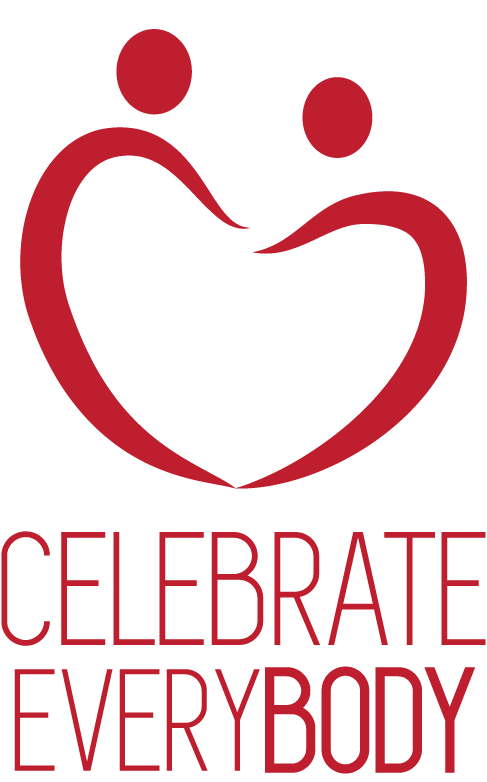Kaitlyn's Recovery
Kaitlyn Chana was a perfectionist. The drive to be perfect led her down a path of exploiting her insecurities. She felt she was not smart enough. Not pretty enough. She always wanted to be the "perfect" child, student, and athlete; she felt unsafe at her natural weight and felt more secure with herself the thinner she became.
"I didn't believe I deserved to live, eat, or take up space on Earth."
In middle school, she struggled with anorexia nervosa; it consumed her. She had this intense fear of becoming obese, and even when she was emaciated she saw herself as fat. She saw food as poison. She'd make excuses, lie, and hide food to make sure it didn't touch her lips. Nothing stopped her from this obsession to be thin; death didn't scare her nor did the idea of her soon-to-be failing organs. She felt invincible - by controlling what she didn't eat made her feel like she had leverage to take on the world.
As her recovery treatment evolved, her feelings of control were reflected from one eating disorder to the next. In high school, she transferred eating disorders to bulimia nervosa as a way to cope with her feelings.
When she binged, she'd essentially ‘stuffed' her feeling and fears instead of expressing them. It's a pain so deep and insidious that it can be paralyzing even to begin to feel.
"Recovery is getting your life back, being your own true self, and living life to its fullest"
She would restrict for days and then binge on an exorbitant amount of calories and then undo by purging on laxatives. It started as a few pills, then a dozen until she was taking hundreds a week.
From an outside perspective, Kaitlyn appeared to be doing fine, but she was depressed, suicidal, and emotionally unavailable. She kept everyone at a distance so no one would find out about her need to take these pills. The laxatives were her lifelines to cope and survive from what was happening personally in her life.
Her weight talked. In college, as she learned to ‘feel' she developed binge eating disorder. Her body and actions said all the things, she couldn't say verbally.
Language is a huge component of eating disorders. Words have power; they can validate your insecurities and feed on your self-doubts.
For Kaitlyn, part of her treatment was focused on learning to feel again. She was so detached from her emotions she didn't understand what feelings actually were. For years she went without crying. She felt empty inside. She was lost.
"Recovery is the full restoration of physical, nutritional, psychological and emotional health."
Let me break it down for you --- If you know Kaitlyn, she always appeared happy, but what are the indicators of happiness? When someone asked how she was doing, she'd say fine. Fine isn't a feeling. Kaitlyn had to understand what it felt like to be happy, sad, angry, or scared. Not only did she have to ‘learn' by sitting with the emotions she had to recognize it's okay to express those feelings.
It took Kaitlyn about ten years to develop a healthy relationship with food. Recovery from an eating disorder is not a linear process. It wasn't until she realized she couldn't live a duel life that included her eating disorders and wanting to pursue her dreams.
She had to pick one. You get two choices with eating disorders: live or die. Kaitlyn chose to live and go after her aspirations.
Recovery helped her learn to appreciate being imperfectly perfect. The transformation process allowed her to learn how to get through a day without worrying about what to eat, so she could learn to appreciate the person she saw in the mirror.
It took time to let food stay in her body and understand the feeling of fullness. In order to heal, Kaitlyn had to listen to her needs, wants, and desires. Recovery isn't an easy process, however, Kaitlyn believes getting your life back is worth the roller coaster ride. Kaitlyn Chana is completely free of her eating disorders – and her life is filled with passion, enjoyment, and acceptance.
"Recovery helped her learn to appreciate being imperfectly perfect."
Eating Disorder Advocate





